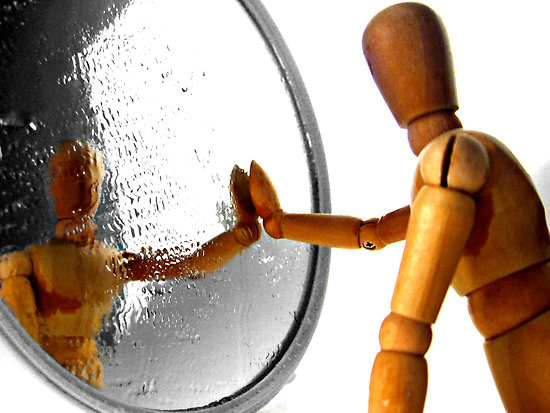The Internet has become a central part of modern life. Long gone are the days of computers being restricted to businesses and the extremely rich. Gone are the days of dial-up connections, and being unable to use your phone when somebody is on the internet. Today, almost every device you own is a computer that can connect to the internet, and the number of “Smart Devices” continues to grow day by day.
A simple example of an IoT “Smart Device” is a modern Cellphone. Although this name has fallen into disuse, the phones we all use now used to be well known as “Smart Phones”, as they featured early versions of IoT technology. Your cellphone can not only send and receive calls and text messages, but now it can also act as a web browser for you to search the internet, it can get on the fly weather forecasts, real time GPS software, and even a remote control for the devices around your house, should you have a suitably functional phone.
The primary purpose of the Internet of Things is to utilize the internet and IT technology to allow ordinary household devices to gather and utilize information that it would otherwise be impossible for the device to possess. Whether it be an umbrella that can tell you when it’s going to rain, a heated driveway that will raise the temperature during snow forecasts to prevent your driveway snowing in, or even an internal heating system inside your house that will turn on when you are within a few minutes of arriving back home, the Internet of Things is designed to meet those needs that you never even realized you had, and reduce the amount of user input required to a bare minimum.
Technologies on the Horizon
Despite most households not possessing many smart devices besides their phones, many IoT devices are already on the market now, and many of them are fully functional. There are many household appliances on the market right now, such as ovens and coffee makers, that allow you to interact with them using your smartphone, and even watch as your food is being prepared via cameras that stream a live video feed right to your phone. There are also smart lighting systems that allow you to turn on and off all the lights in your house, as well as change the brightness and even color, all using your cellphone.
Other technologies that you may have heard about, such as self-driving cars, are currently in the final stages of testing and production as we speak. While they are not on the market quite yet, self-driving cars have been successfully produced and tested by many different companies, and as we speak, a huge commercial battle is being fought by companies such as Tesla and Google over who will manage to provide the first smart car to the consumer market.
Potential Failures
While the Internet of Things primarily aims to provide convenience and utility to the users, there are many potential issues that may arise during the growth of this young technology.
Many of the biggest, brightest minds in the IT and engineering sectors are utterly devoted to the Internet of Things, and are making great strides of progress in developing new technologies. However, I believe that many of them are heavily overambitious. Although the primary selling point of the Internet of Things is the sheer convenience that it provides, I believe that this exact point may be one of the biggest downfalls that the technology faces.
There is an old saying that I am rather fond of.
“Those things that are designed to never break are the hardest things to fix when they do.”
In practice, nothing is foolproof. No matter how well designed, how well build and how well maintained something is, it’ll always break eventually. Everything breaks eventually. As such, with the hands-off approach that most IoT devices seem to be taking and the incredibly advanced technology that supports them, these devices may end up being absolutely impossible for the average consumer to repair, which could have dire consequences.
For example, if your umbrella has a function to predict the weather, and alert you to whether you need to take it with you or not. If your umbrella is so convenient at telling you the weather, most people will become complacent and unlikely to keep track of the weather any other way. Should the umbrella’s weather forecast function break, many people may incorrectly prepare for future weather that day which never actually occurs.
While this was a soft and petty example, similar occurrences could happen with most other IoT devices. Even today, there are many people who will lose all contact with their friends and families should they lose access to their phones, as well as losing the ability to keep track of the time, and a great deal of other features that a cellphone provides.
While personally I am a big supporter of the Internet of Things, I believe that we need to find and strike that fine balance between convenience and user interaction, so that we do not become so heavily reliant on these devices that we cannot operate without them.
sources: http://www.theinternetofthings.eu/ http://internetofthingsagenda.techtarget.com/definition/Internet-of-Things-IoT http://www.wired.com/insights/2014/11/the-internet-of-things-bigger/














































